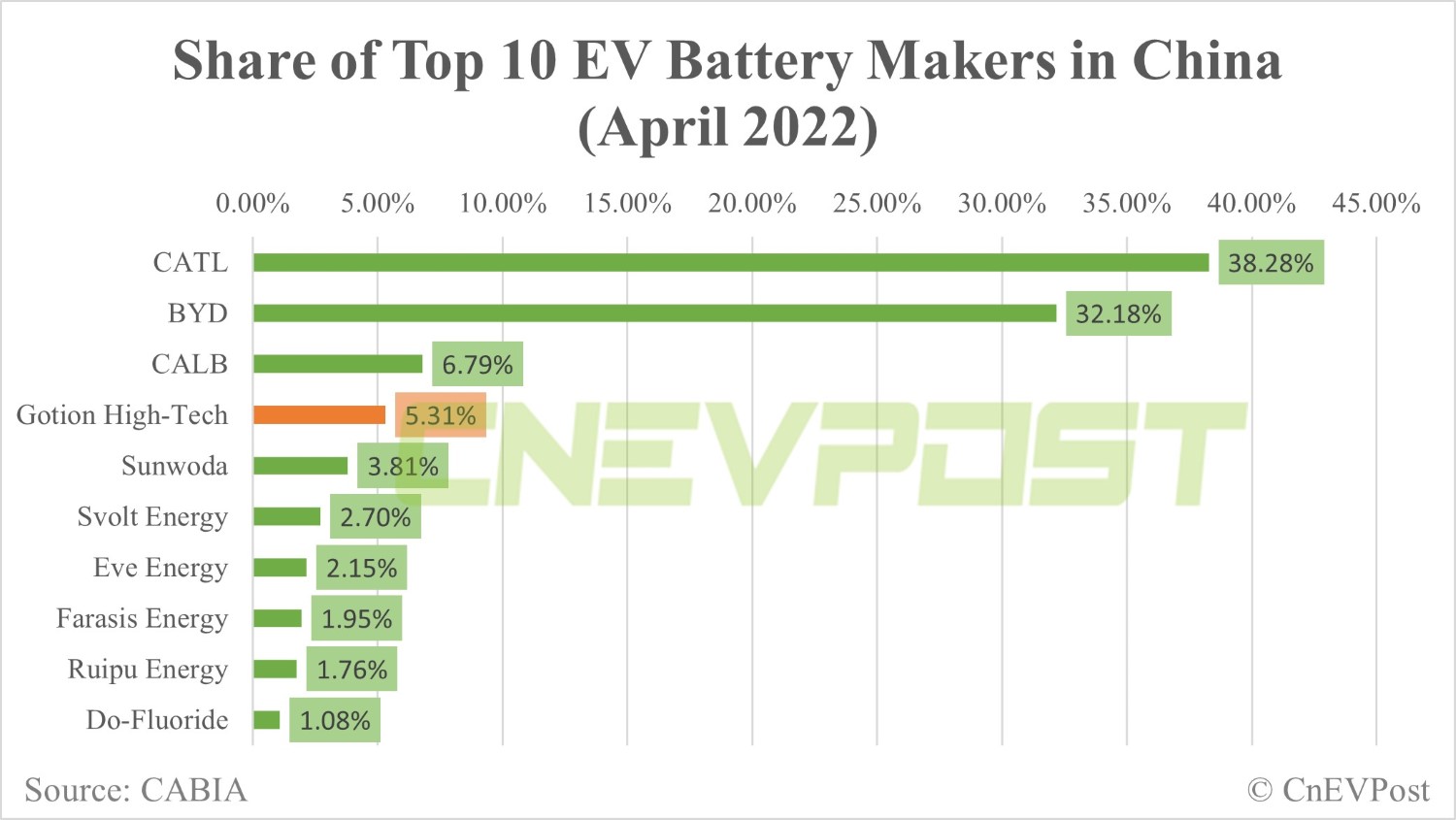The partnership will help accelerate the further commercialization of semi-solid-state batteries and solid-state batteries, WeLion said in a statement today.

A subsidiary of Tianqi Lithium (SHE: 002466) signed an agreement with Beijing WeLion New Energy Technology on May 20 to plan a joint venture, according to an announcement made by the lithium giant Friday.
The aim of the move is to jointly engage in the development, production and sales of pre-lithiated anode materials and recycling, lithium metal anode and lithium-based alloy anode materials, pre-lithiated reagents and pre-lithiated manufacturing equipment products, according to Tianqi.
Nio's semi-solid-state battery supplier WeLion will contribute RMB 6.8 million ($1.02 million) for a 34 percent equity interest, of which RMB 2 million will be in the form of currency and RMB 4.8 million will be in the form of intellectual property, according to the announcement.
Tianqi's subsidiary will contribute RMB 102 million in currency for a 51 percent equity stake. The joint venture will set aside 15 percent of the equity for employee equity incentives.
The establishment of this joint venture will help enhance the company's core competitiveness and profitability, Tianqi said.
Notably, Tianqi is one of WeLion's backers, and another of its subsidiaries holds about 3.26 percent of the company, according to its announcement.
The partnership could help accelerate the further commercialization of semi-solid-state batteries and solid-state batteries, WeLion said in a statement today.
Compared with lithium carbonate and lithium hydroxide, lithium metal only accounts for a small portion of the market at this stage, but if solid-state battery technology matures next, demand for lithium metal will increase significantly, WeLion said.
The joint venture's main business is lithium metal cathode materials, which are seen as the best choice for solid-state battery cathode materials, according to WeLion.
Lithium metal has a very small density of 0.534 g/cm3 and a capacity of up to 3,860 mA-h/g, ten times that of the current graphite cathode material (372 mA-h/g), with a higher energy density, WeLion said.
Tianqi is one of China's largest lithium producers, with a battery-grade lithium metal capacity of about 2,900 tons in 2020, accounting for almost half of China's total lithium metal capacity.
Nio unveiled plans to offer 150 kWh semi-solid-state batteries when it unveiled its flagship sedan, the ET7, at the Nio Day 2020 event on January 9, 2021, generating much attention for this new battery.
Nio never disclosed the supplier of the battery, however, on March 27, WeLion chief scientist and founder Li Hong confirmed that the company is the supplier of the electric vehicle maker's solid-state battery.
In addition to lithium metal cathode materials, WeLion signed an agreement late last month to lock in 30,000 tons of solid-state lithium battery cathode material supplies.
Shanghai-listed new energy materials supplier Ronbay Technology said in an April 26 announcement that it signed a strategic cooperation agreement with WeLion, which will make Ronbay its No. 1 supplier of high nickel ternary cathode materials from May 1, 2022, to April 30, 2027.
In 2022-2025, WeLion will purchase no less than 30,000 tons of solid-state lithium battery cathode material products from Ronbay, according to the announcement.



